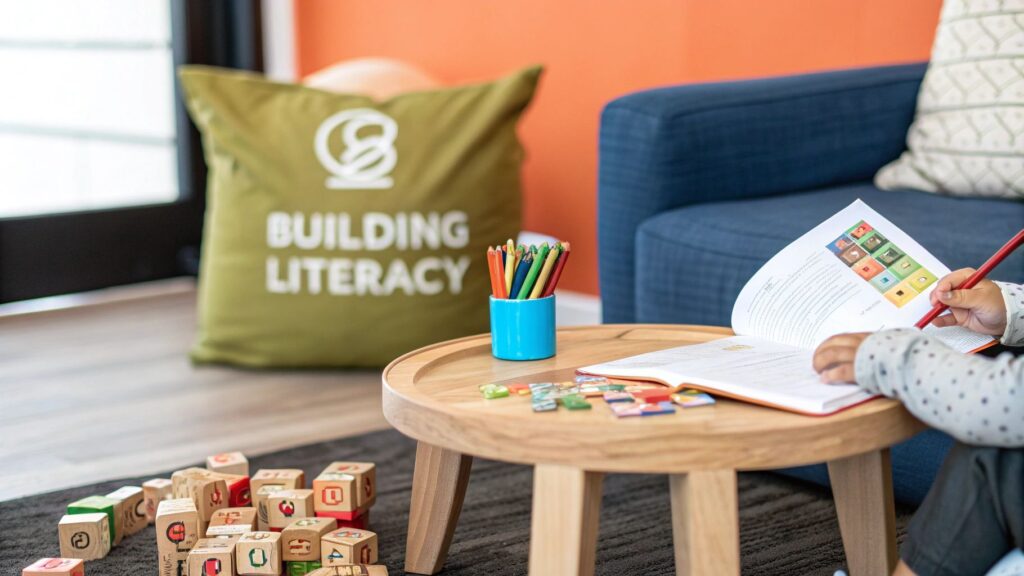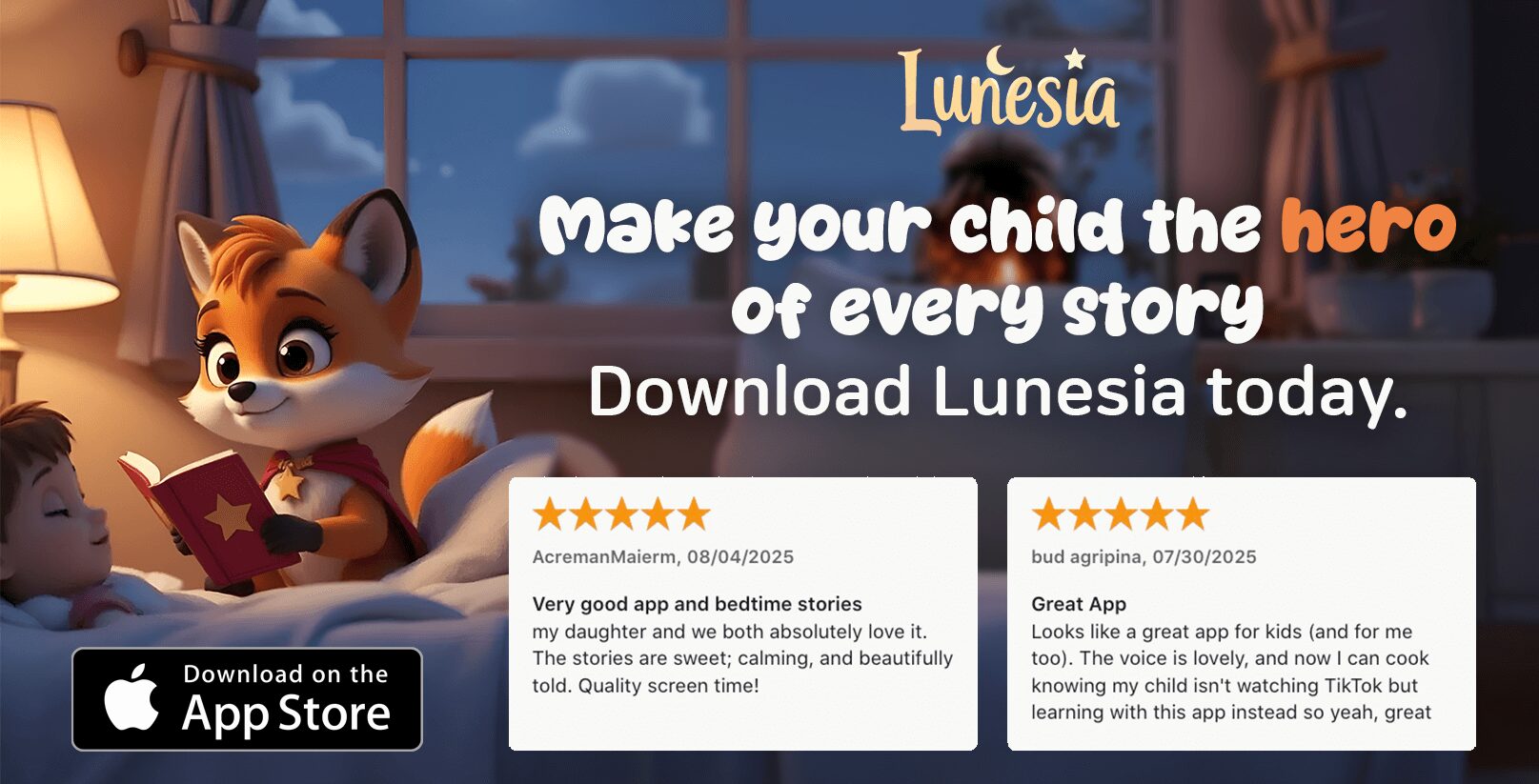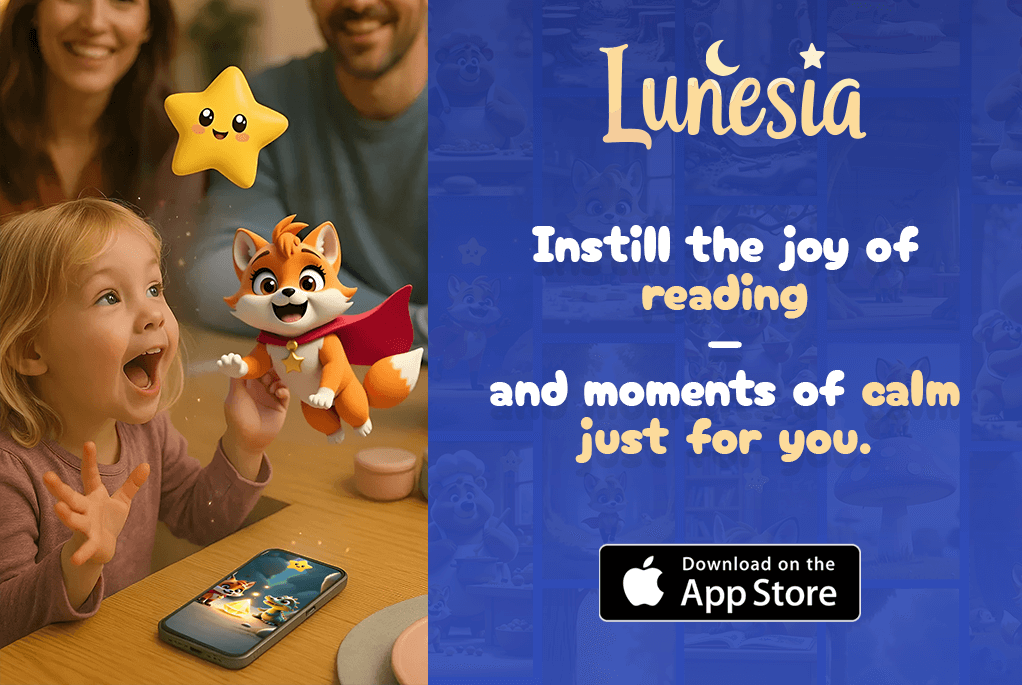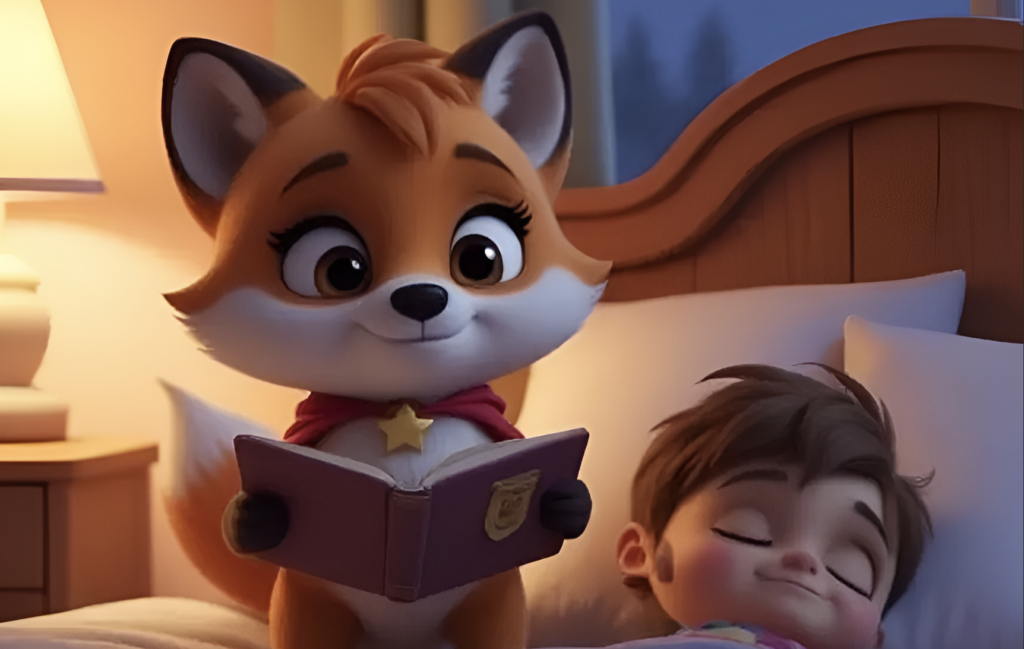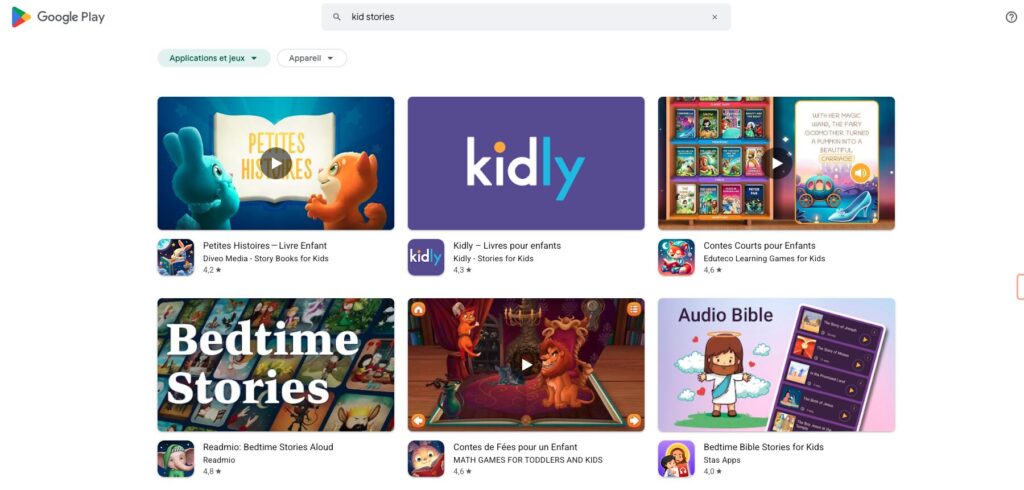Ever feel like you should be doing more to help your child learn? Let’s grab a coffee and talk about it, because the answer might surprise you. When we hear literacy development, it’s easy to picture flashcards and ABC charts. But what if I told you the real journey begins long before that, woven into the simple, magical moments of your everyday life?
It starts at birth, with the sound of your voice and the stories you tell during bath time. You are already their first and most important teacher.
What Literacy Development Really Is
Have you ever wondered if teaching your child to read is just about memorizing letters? Let's flip that idea on its head.
Think of it less as a checklist of skills and more like handing your child a secret key to unlock the entire world. It’s a bridge they build, piece by piece, out of the small moments you share together—the song you sing in the car, the silly story you make up at bedtime, and the endless stream of "why?" questions that seem to have no end.
Each one of these interactions, no matter how tiny, adds another plank to that bridge. It’s what connects your child to new ideas, helps them understand their big feelings, and allows them to form deeper friendships. The science backs this up: research shows children whose parents engage them in rich conversation have vocabularies that are 30% larger by age three. You’re already doing it!
More Than Just ABCs
So, what does this look like in real life? It’s not about rigid drills or forcing a child to learn letters before they’re ready. It’s about gently nurturing a whole collection of connected skills that grow together, like a garden.
This infographic breaks down what those core skills are.
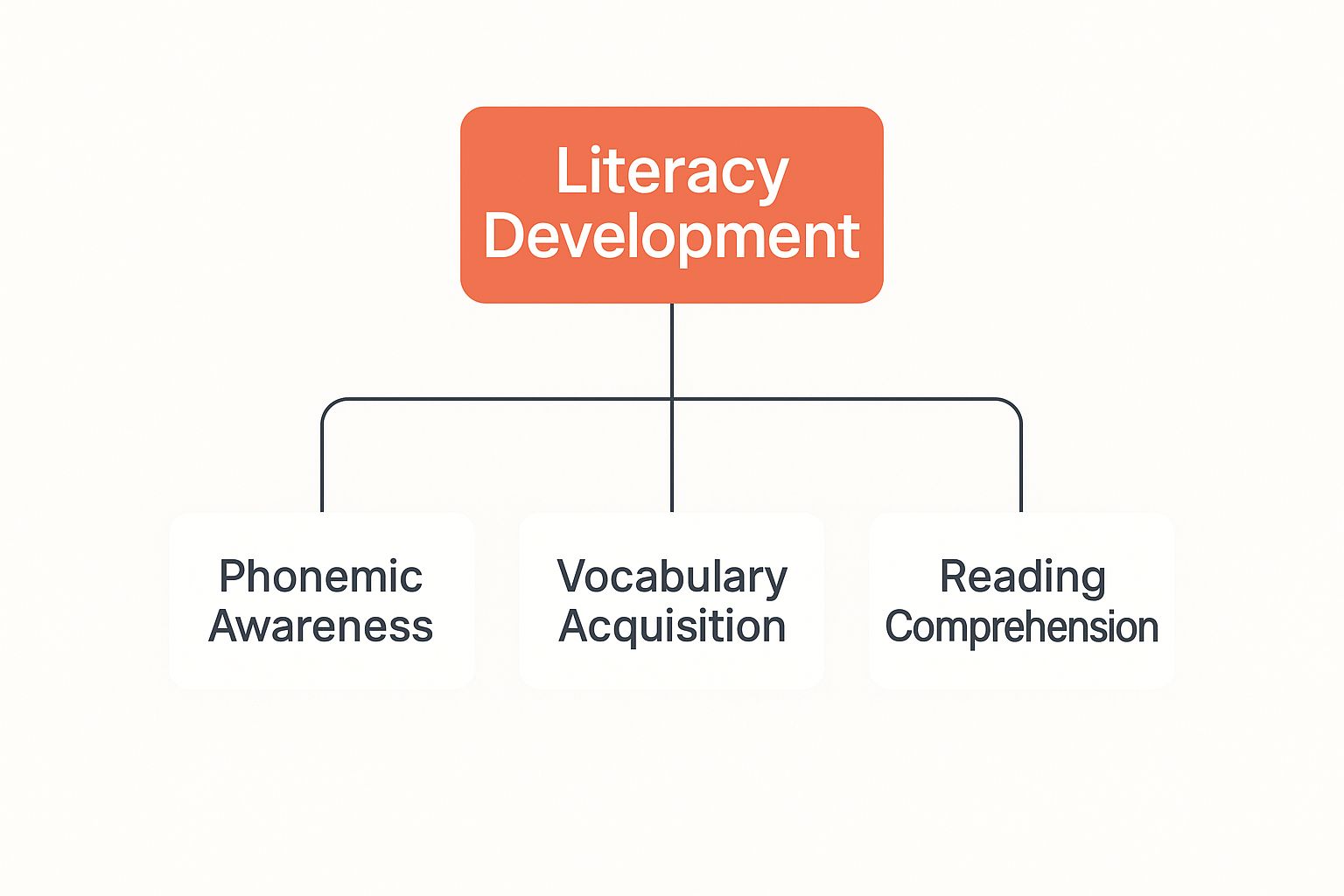
As you can see, things like hearing the different sounds in words (phonological awareness) and building a rich vocabulary are just as vital as understanding the plot of a story.
To get a better grip on this, you could even look at a parallel field like Natural Language Processing (NLP), which explores how we teach computers to understand human language. In both cases, true comprehension isn't about memorizing individual words; it's about recognizing patterns, context, and meaning.
This is where the magic really happens. When a child dives into an interactive story, like the adventures found in Lunesia, they aren't just passively listening—they're doing. They make choices that change the story, learning that their decisions have real outcomes. This doesn't just build their vocabulary; it teaches them kindness, courage, and problem-solving, all in a safe, ad-free world.
Let's break down the foundational skills of literacy into a quick-reference table. Think of these as the essential ingredients your child will use to become a confident communicator.
The Core Blocks of Early Literacy
| Literacy Skill | What It Looks Like (Ages 2-7) |
|---|---|
| Print Awareness | Noticing that squiggles on a page mean something. Holding a book the right way up. |
| Vocabulary | Learning new words from conversations, songs, and stories. Asking, "What's that?" a lot. |
| Narrative Skills | Being able to retell a simple story or describe what happened at the park. |
| Phonological Awareness | Clapping out syllables in their name. Rhyming words like "cat" and "hat." |
| Letter Knowledge | Recognizing the letters in their own name. Pointing out letters they see on signs. |
| Listening Comprehension | Following simple two-step directions. Answering questions about a story you just read. |
Each of these skills supports the others, creating a strong foundation that makes learning to read and write feel like an exciting adventure rather than a chore.
Navigating Your Child's Literacy Milestones
What should you actually expect to see as your child’s brain grows at that incredible, dizzying pace? It’s a magical journey, full of tiny moments that feel like huge victories. One day, your two-year-old is proudly “reading” their favorite book from memory; the next, your five-year-old is showing you the first letter of their name, scribbled with intense concentration.
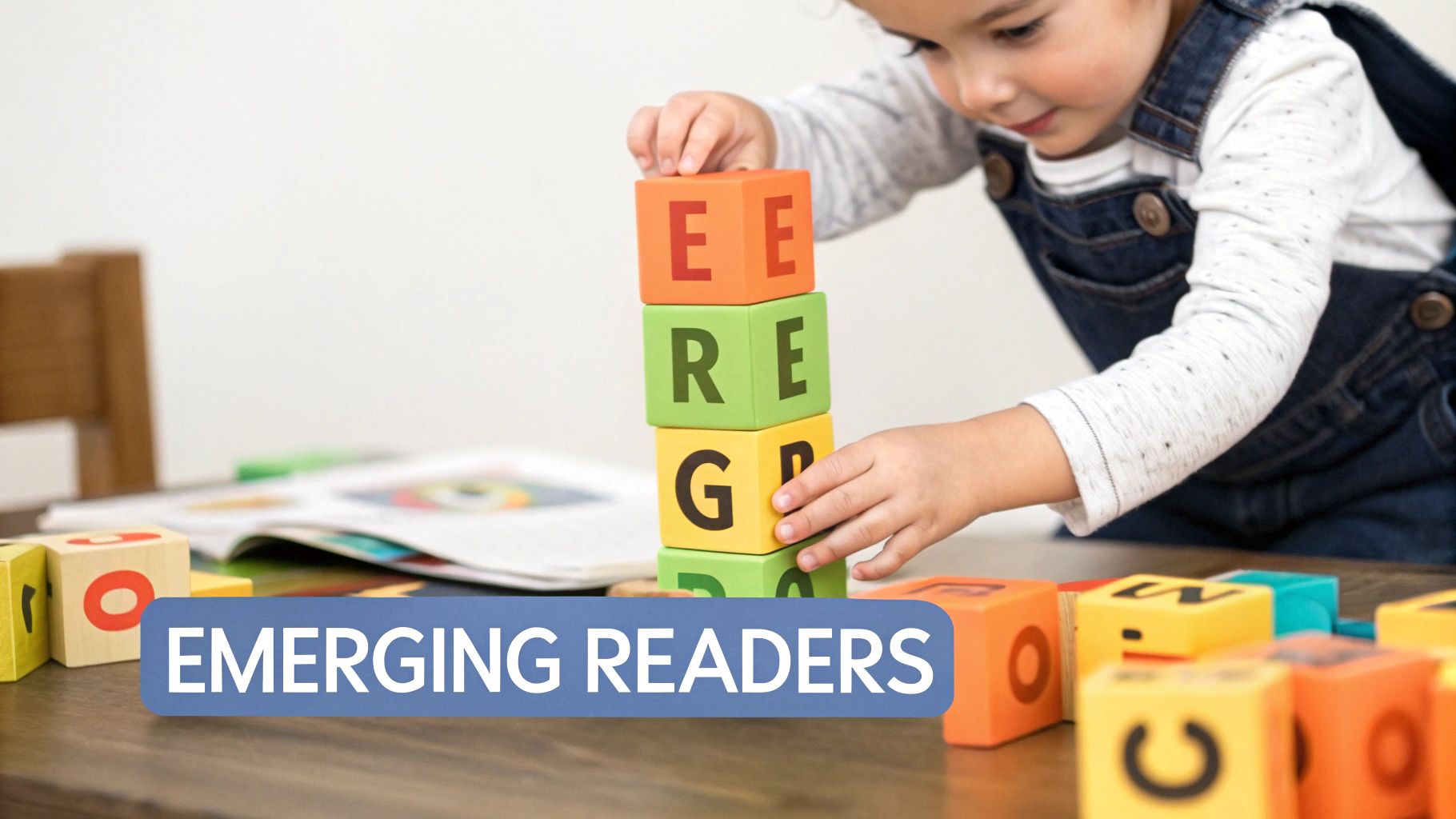
This isn’t about a rigid checklist that adds pressure to your plate. Think of it as a friendly roadmap to celebrate each step and understand the beautiful, natural unfolding of your child’s abilities.
From Toddler Babbles to Preschool Stories
Between ages two and seven, the changes are monumental. Let's peek at what this beautiful chaos of learning often looks like. These aren’t hard-and-fast rules, but gentle guideposts to watch for.
- Ages 2-3 The Little Mimics: Your toddler is a sponge for language. They might retell a simple story in their own words, point to pictures and name them, and constantly ask, "What's that?" Their scribbles might not look like much, but to them, they’re masterpieces telling a grand story.
- Ages 4-5 The Budding Authors: This is when the magic of print often clicks. Your preschooler might recognize their own name, notice familiar logos on a drive, or pretend to write a shopping list. They can follow stories with more complex plots and might even start asking about characters’ feelings—a huge leap in empathy! Want to dive deeper? Check out our guide on https://lunesia.app/language-development-milestones-2-5-stories/.
- Ages 6-7 The Emerging Readers: Now, the pieces start connecting in new ways. They may begin to sound out simple words, write short sentences, and read easy books on their own. Their stories become more detailed, showing a growing understanding of cause-and-effect.
“Every child is a different kind of flower, and all together make this world a beautiful garden.” – Unknown
Because this journey is unique for every child, it’s helpful for parents to get good at understanding ongoing learning and adjusting support based on what you see. This gentle observation helps you meet them exactly where they are.
This is precisely where an app like Lunesia shines. Instead of a one-size-fits-all story, Lunesia’s interactive adventures adapt to your child’s choices. If they’re feeling brave, they can choose the path into the spooky woods. If they’re feeling cautious, they can explore the sunny meadow instead. This choice-driven format meets them at their developmental level, making learning feel like pure, joyous play while building emotional resilience.
The global push for literacy has seen incredible progress. In 1800, only 10% of adults could read, a number that has skyrocketed to 87% today thanks to expanded education. This progress starts in these precious early years, with every story you share.
Why Early Literacy Builds More Than Just School Readiness
We all want our kids to walk into kindergarten feeling confident. But what if the stories you share on the couch tonight are building something far deeper? They’re laying the very foundation of the person your child will become.
This isn’t about acing a spelling test. A strong literacy foundation is directly wired to better problem-solving, stronger emotional resilience, and a greater capacity for empathy. Think about it: when your child follows a story and feels a pang of sadness for a character who lost their favorite toy, they're practicing empathy in a safe space.
When they shout, “I bet the wolf is hiding behind that tree!” they’re sharpening their critical thinking. These aren't 'soft skills'—they are the bedrock of a confident, kind, and capable human being.
A Safe Sandbox for Big Feelings
Let’s be honest, navigating a three-year-old’s tantrum or a five-year-old’s sudden fear of the dark can be draining. How do we teach them to handle these enormous emotions? Stories offer a powerful, gentle way in.
This is where an interactive adventure like Lunesia becomes a parent’s secret weapon. Instead of just listening, your child steps into the story. When a character is scared to cross a rickety bridge, your child gets to decide: should they help the character find courage, or find a different way around?
By making these choices, children aren’t just learning about bravery—they are actively practicing it. Lunesia becomes their personal sandbox for trying on different emotions and solutions, all within a fun, supportive world.
A child who helps a story character overcome fear is better equipped to face their own anxieties. This kind of learning builds genuine emotional resilience. The goal isn't just about achieving a high literacy rate; it’s about nurturing well-rounded, emotionally intelligent kids.
Globally, robust educational systems have helped countries like Finland and Norway achieve 100% literacy rates, but the real magic happens when literacy also builds character. You can find more details about these impressive statistics on Skillademia.com.
And the bonus for you? While your child is immersed in a meaningful, ad-free adventure, you get a moment to breathe. You can sip your coffee while it’s still hot, guilt-free, knowing they’re in a safe space actively building both their brain and their heart.
Practical Ways to Weave Literacy Into Your Day
Feeling the pressure to constantly "teach" your child? Let’s take a deep breath and reframe that. The most powerful literacy moments happen in the small, joyful interactions of the life you already live.
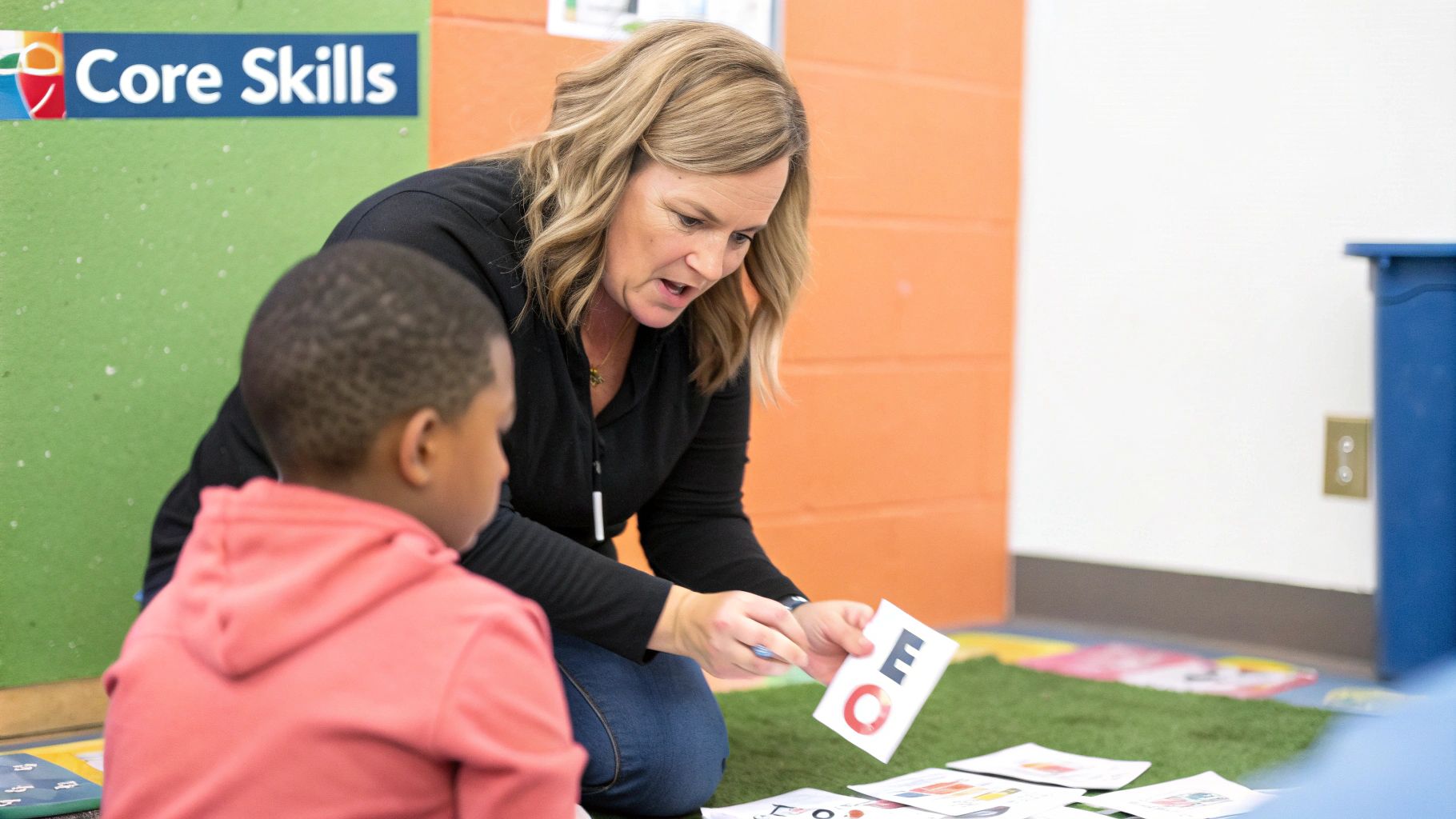
Think about your next trip to the grocery store. It could be a secret mission to find the big, red 'A' for apples or the curvy 'S' for strawberries. Suddenly, a routine chore becomes a thrilling letter-hunting game. Your child isn’t just memorizing letters; they’re discovering that those strange squiggles on signs have real meaning in their world.
This simple shift transforms everyday routines into rich learning opportunities. It takes the pressure off you and makes the whole process feel like pure play for them.
Make Reading a Conversation
Have you ever heard of dialogic reading? It sounds complicated, but it just means turning storytime into a lively chat. Instead of just reading the words on the page, you pause and ask questions that invite your child right into the story.
It’s the difference between reading, "The bear was sad," and asking, "Oh, look at the bear’s face. How do you think he’s feeling? I wonder why he’s so sad?" This little tweak encourages critical thinking, empathy, and a much deeper understanding of the story.
Here are a few ways to get started:
- Ask "what" questions: "What do you see happening on this page?"
- Encourage predictions: "Wow, what do you think will happen next?"
- Connect to their life: "This reminds me of when we went to the park! Do you remember that big slide?"
This back-and-forth style is one of the most effective ways to boost vocabulary and comprehension. For more ideas, you can explore our full guide on promoting early literacy at home.
Your Guilt-Free Parenting Partner
Let’s be real—some days you just need a moment. But the guilt can be overwhelming, right? What if you could have five minutes to drink your coffee, knowing your child was in a safe, ad-free space actively building their brain?
This is where a tool like Lunesia becomes your perfect partner. It's not passive screen time. It’s an engaging adventure where your child’s choices shape the story, teaching them about kindness, courage, and how to solve problems.
While they’re immersed in a meaningful journey, you get precious time back without an ounce of guilt. You’re not just handing them a distraction; you’re giving them a powerful tool for literacy and emotional growth. It's a win-win that supports both your child's development and your own well-being.
How Interactive Stories Supercharge Learning
We all know reading books together is essential, but what happens when children don’t just read a story, but step right inside it? This is where technology, when used mindfully, becomes a parent's best friend. It’s the difference between watching a cooking show and actually getting your hands messy in the kitchen.
Ever wonder why your child remembers every detail of a game but forgets the plot of a book you just read? It’s because active participation fires up the brain in a way that just listening doesn't. When a child makes a choice in a story, they aren't just an observer; they're the hero.
Turning Screen Time Into Brain Time
This is the real magic behind interactive stories. Instead of passively following along, your child is making decisions that shape the entire adventure. This simple shift transforms them from a passenger into the driver, which naturally boosts their comprehension and critical thinking skills.
I get it—the concern around screen time is completely valid. But what if we shifted our focus from the quantity of screen time to its quality? Ten minutes spent solving a problem in a story is far more enriching than an hour spent passively watching cartoons.
Lunesia isn’t mindless entertainment; it’s mindful engagement. These choice-based adventures are a safe, ad-free space for your child to practice courage, problem-solving, and kindness.
When a character in a Lunesia story feels nervous, your child decides how to help them. That simple act builds emotional intelligence in a way a static book simply can’t. They learn to navigate complex feelings like fear or frustration by seeing the direct outcomes of their choices in a safe, imaginative space.
Building Resilience One Story at a Time
This active role is crucial for what literacy development is at its core—making meaning from the world around us. Interactive stories provide a safe sandbox where children can explore consequences without any real-world risk. They get to see what happens if they choose the brave path or the cautious one, building resilience and confidence with every single tap.
While global efforts have pushed the adult literacy rate to approximately 86.3%, our goal as parents is to raise not just readers, but empathetic and capable humans. You can find more details about how literacy rates vary worldwide in this World Population Review report.
And for you? This means a guilt-free moment. While your child is immersed in a meaningful quest, you get some precious time for yourself, knowing they are safe, learning, and growing. To see exactly how this works, you can learn more about the benefits of interactive storytelling for preschoolers in our detailed guide.
A Partner in Your Pocket
So, where does that leave you? After diving deep into the stages of literacy development, it’s totally normal to feel a little overwhelmed. Let's take a breath. The most important thing to remember is this: you are your child’s first and most important teacher.
This whole journey isn’t about hitting every milestone perfectly. It's about connection. Every goofy song you sing in the car, every chat about the shape of the clouds, and every story you share on the couch—that’s where the real magic happens. Your presence and your encouragement are what build a lifelong love of learning.
Your Simple Plan
Confidence comes from knowing the next small step. Here’s what it all boils down to:
- Talk About Everything: Narrate your day while you make breakfast, ask questions that can’t be answered with a "yes" or "no," and really listen to their wild, wonderful stories. You're building the vocabulary they need to make sense of their world.
- Play with Sounds: Sing rhyming songs, clap out the syllables in everyone's name, or make silly animal noises. This isn't just play; it's the foundation for phonics.
- Embrace Every Kind of Story: Reading physical books is fantastic. So is making up your own adventures on the fly or diving into an interactive story together.
Let Us Help
On those days when you're juggling a work deadline, a mountain of laundry, and a toddler’s epic meltdown over a broken crayon, you deserve a partner in your corner. Think of Lunesia as exactly that.
When you need five minutes to finish your coffee while it's still hot, Lunesia offers a safe, ad-free world where your child is doing more than just watching a screen. They’re actively building their brain—practicing kindness, making brave choices, and solving problems in stories that adapt just for them.
It’s screen time you can feel good about, knowing they’re on an adventure that’s helping them become a kinder, more resilient, and more thoughtful little human. Ready to start? Give your child—and yourself—the gift of their first adventure.
Common Questions About Early Literacy
Ever find yourself wondering if you're doing this whole literacy thing "right"? You're not alone. Let's tackle a few common questions that pop up for parents navigating this exciting, and sometimes confusing, journey.
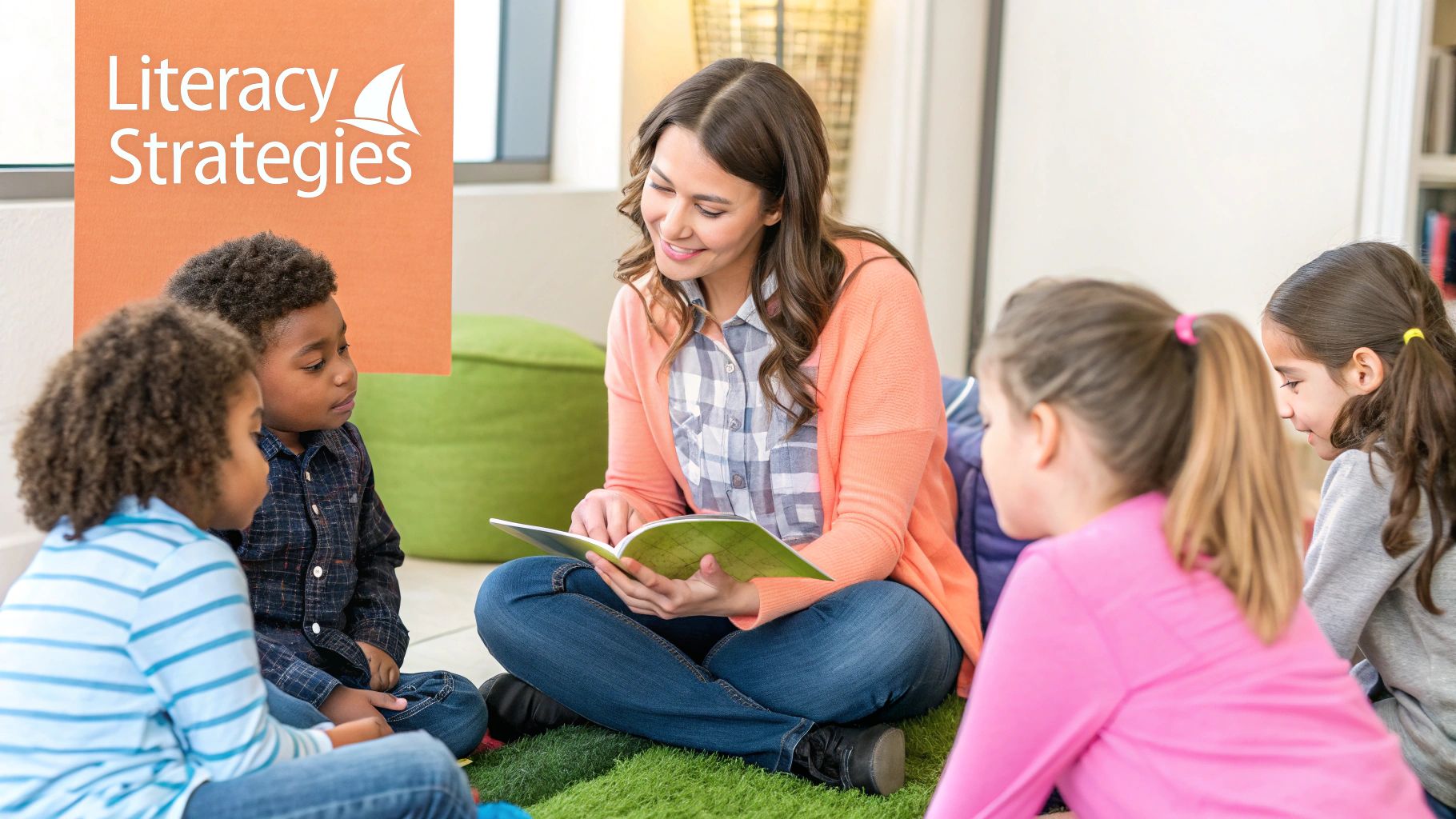
My Toddler Hates Sitting Still for Books. What Can I Do?
First, take a deep breath—this is completely normal! A two-year-old’s job is to move, so trying to force them into a quiet storytime can feel like wrestling a tiny, adorable octopus. The secret is to redefine what "reading" looks like at this age.
It doesn’t have to mean sitting quietly for twenty minutes straight. Try interactive books with flaps to lift and different textures to feel. Better yet, act out the story with silly voices and grand gestures! Even just two minutes of joyful interaction with a book is a huge win.
This is also where an app like Lunesia can be a total game-changer. The stories are designed for active participation; children move the adventure forward with their choices, making it a "doing" experience, not a passive one. They get to engage with a story on their own energetic terms.
Is All Screen Time Bad for Literacy Development?
This is such a valid concern for modern parents. The key isn't to demonize all screens but to distinguish between passive consumption and active engagement. Watching hours of cartoons is vastly different from interacting with a high-quality educational tool.
Look for content that is ad-free, story-driven, and truly interactive. Apps like Lunesia are intentionally designed as learning experiences. They prompt critical thinking and decision-making, transforming screen time into a powerful opportunity for growth, not a mindless distraction.
How Soon Should My Child Know the Alphabet?
There is no magic age, and the pressure to drill the ABCs can often backfire. Before focusing on memorization, it's far more important to nurture "print awareness"—that exciting discovery that those squiggles on signs and pages actually have meaning.
Turn it into a game, not a test. Point out the "S" on the stop sign or the letters in their name on their cubby at daycare. The goal is to foster a love for stories and language first. The technical skills will follow naturally once their curiosity is sparked.
Ready to give your child an adventure that builds their brain and their heart? With Lunesia, you're not just getting a story app; you're gaining a partner that helps you raise a kind, curious, and confident child—while also giving you a well-deserved, guilt-free break. Start your first magical journey on lunesia.app today!
